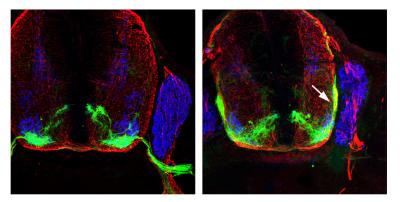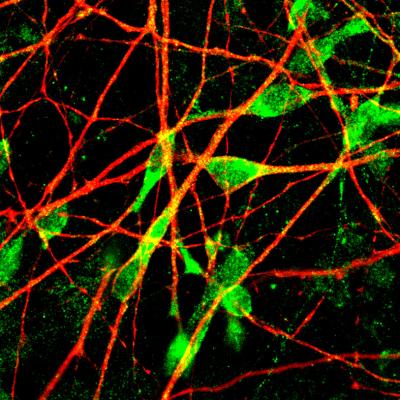Anti-TB drugs can increase risk of TB re-infection
Current treatments for tuberculosis (TB) are very effective in controlling TB infection caused by Mycobacterium tuberculosis (Mtb). They don’t, however, always prevent reinfection. Why this happens is one of the long-standing questions in TB research. So why are our bodies unable to generate permanent immunity to TB, – the leading infectious disease killer worldwide? A…










